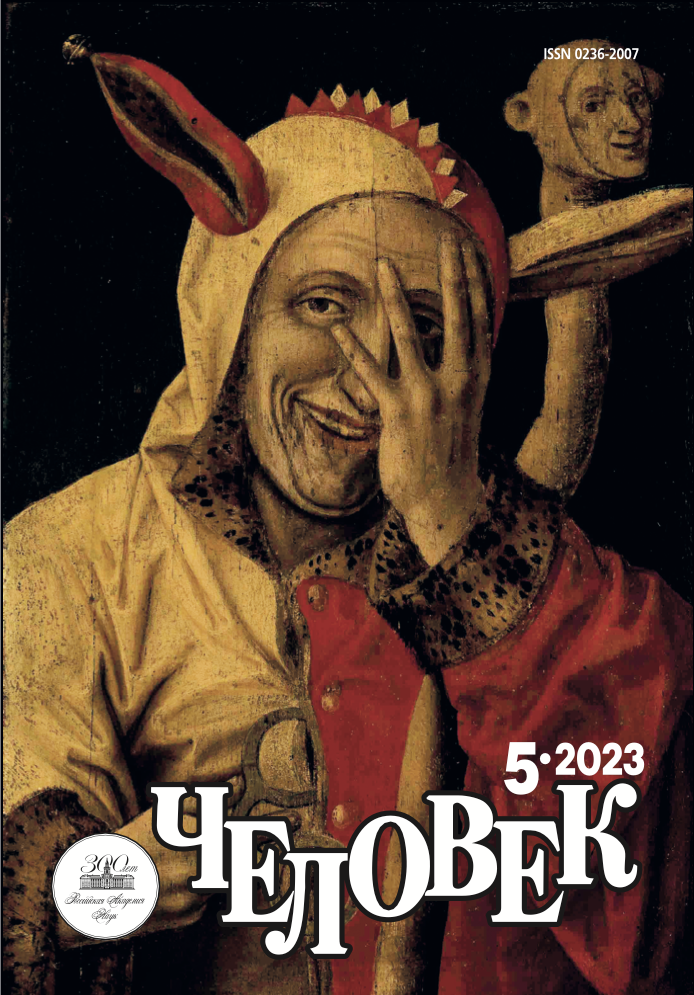Person Walking: Walkability as a Factor of Production of Urban Everyday Life
Keywords:
urban studies, philosophical urban studies, human and environment, freedom of movement, drift, everyday life, production of space, vernacular, walkabilityAbstract
The subject of the article is a walk as a specific practice of a person's daily life in a city, as well as the phenomenon of walkability: the feature of an environment to be suitable for a person to move on foot. The article notes that the term walkability itself is new and is used mainly in the field of Urban Studies. At the same time, the phenomenon itself — a person's walk in the space of the city —was comprehended much earlier in the context of philosophy, social theory and socio-political thought. Based on the work of Walter Benjamin, Michel de Certeau, Guy Debord, it is shown that the origin of the aimless walk is chronologically connected with the Modern era, and in terms of the organization of the habitat, it correlates with a certain stage in the development of cities. The article also analyzea number of political aspects of walkability; in particular, it is noted that the nature of power spatiality in the urban environment largely determines its accessibility / inaccessibility for pedestrians, determines the routes of a person’s movement around the city, marks the boundaries of “places of memory”, and so on. It is concluded that increasing the level and quality of walkability in modern cities is not only expedient from a utilitarian, urban planning point of view, but also politically fair in relation to a person — a resident of these cities.






